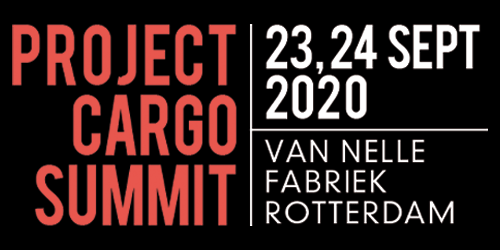Equinor spends EUR 5 billion to cut emissions with 40% by 2030
Equinor has launched a new climate initiative to reduce the absolute greenhouse gas emissions from its operated offshore fields and onshore plants in Norway with 40% by 2030, 70% by 2040 and to near zero by 2050. By 2030 this implies annual cuts of more than 5 million tonnes, corresponding to around 10% of Norway’s total CO2 emissions.
Measured on an annual basis, Equinor’s total emissions amounted to 13 million tonnes of CO2 in 2018. The first phase of the new plan aims to reduce that number with 5 million tonnes in annual reductions by 2030, representing around 10% of total annual Norwegian greenhouse gas emissions today.
To achieve that goal, the oil company will implement a number of large scale industry measures, including improvement of energy efficiency, digitalisation and the launch of several electrification projects at key fields and plants, including the Troll and Oseberg offshore fields and the Hammerfest LNG plant. Together, these measures will require investment of EUR 5 billion.
2050
Further reduction ambitions towards 70% in 2040 and close to zero in 2050 will entail additional measures, further electrification projects, consolidation of infrastructure as well as opportunities to develop new technologies and value chains. In 2050, Equinor expects Norwegian oil and gas production to be less than half of the current levels.
“Equinor supports the Paris agreement and a net-zero target for society. We have already brought CO2-emissions in the production process down to industry-leading levels. We are now launching an unprecedented set of ambitions for forceful industrial action and substantial absolute emission reductions in Norway, aiming towards near zero in 2050”, says Eldar Sætre, CEO of Equinor.
To achieve that goal, collaboration is key, adds Sætre. “We appreciate the close cooperation with our industry partners and suppliers, and to realise these ambitions we need even closer collaboration across industries and with authorities”, he says, clearly signalling all stakeholders involved will need to pitch in.
morenews
Project Cargo Summit 2024 registrations open
The time has come, we have opened registrations for this year’s edition of the Project Cargo Summit. As it was previously unveiled, the Port of Bilbao will be our host on September 17 and 18. There have been some changes since the announcement.
Project Cargo Summit 2024 programme takes shape
Excitement is building for the Project Cargo Summit 2024 in Bilbao, Spain! The dates are locked in (September 17th and 18th), the speaker list is filling up fast, and preparations are underway to make the “Project Cargo Summit 2024: Mega Cargo, Mega Solutions” an unforgettable event.
Project Cargo Summit goes to Bilbao
Following the successful outing in Bremen in 2023, ProMedia and its Project Cargo Summit team have turned their sights to a new adventure and have partnered with the Port of Bilbao. So for the 2024 edition of the Project Cargo Summit, project cargo, breakbulk and heavy lift industry specialists will gather in Bilbao for two… Read more ›
